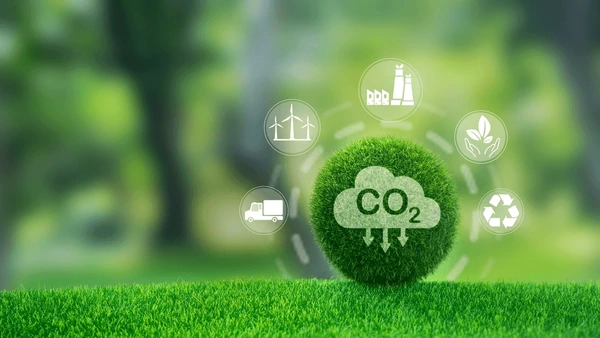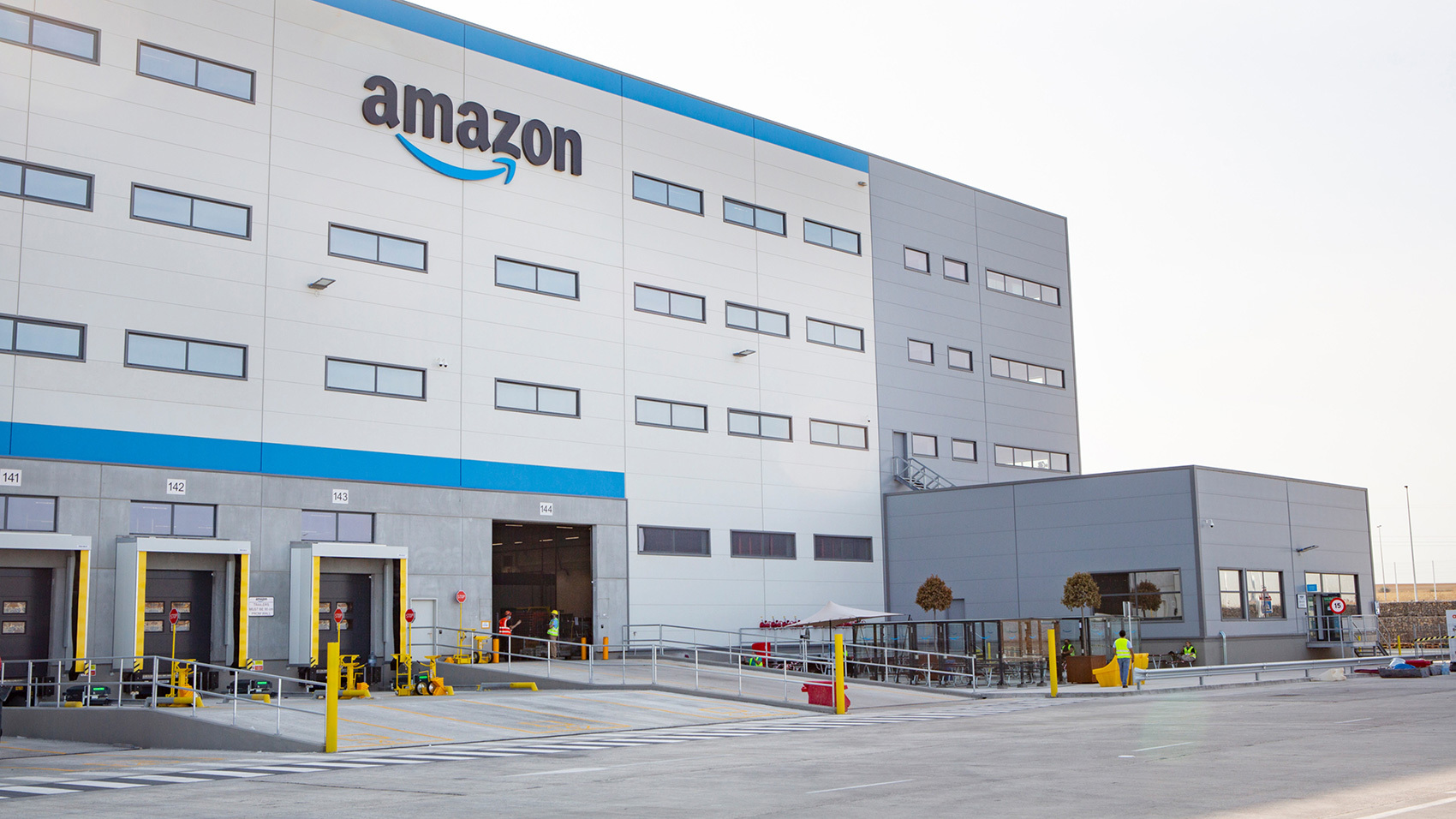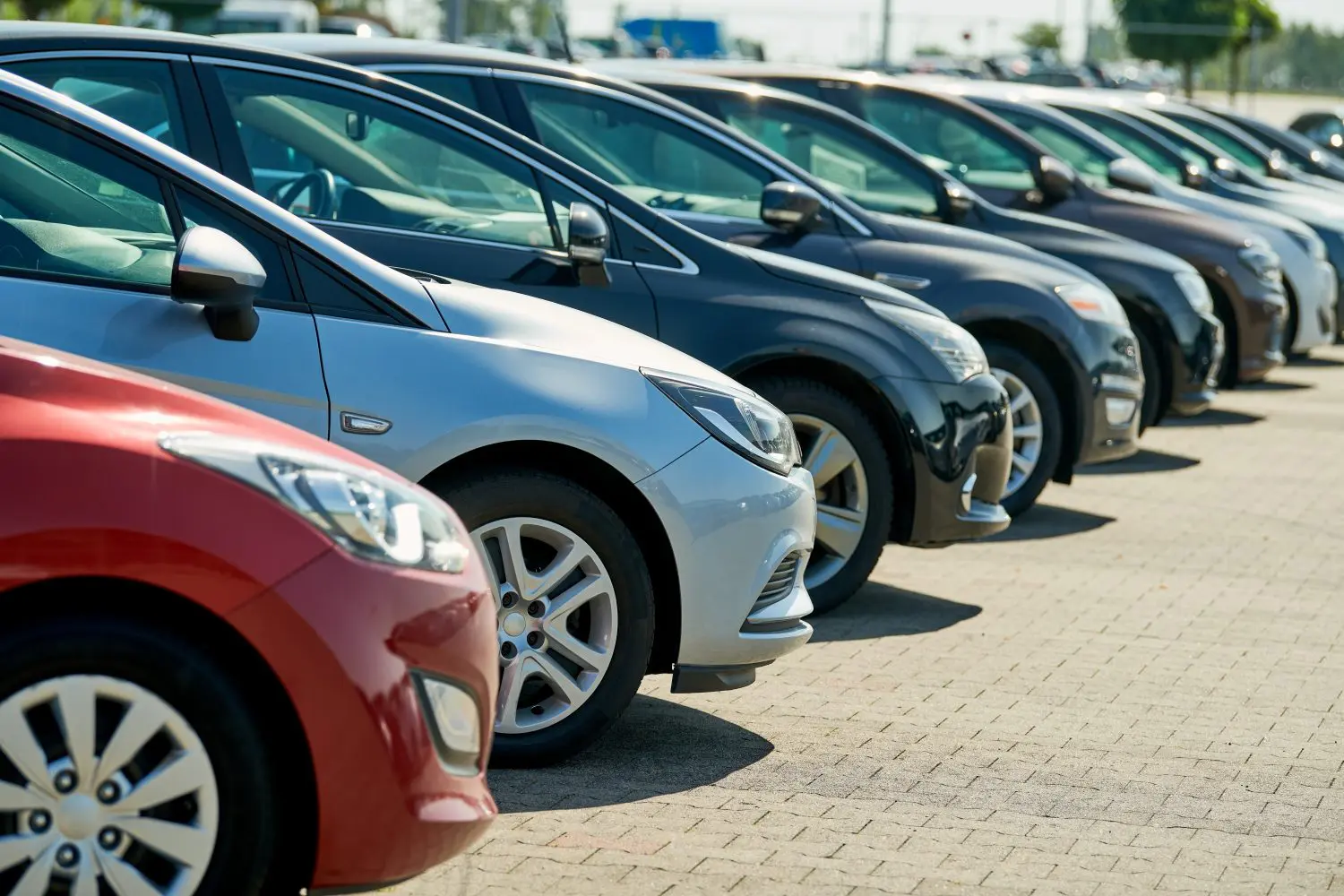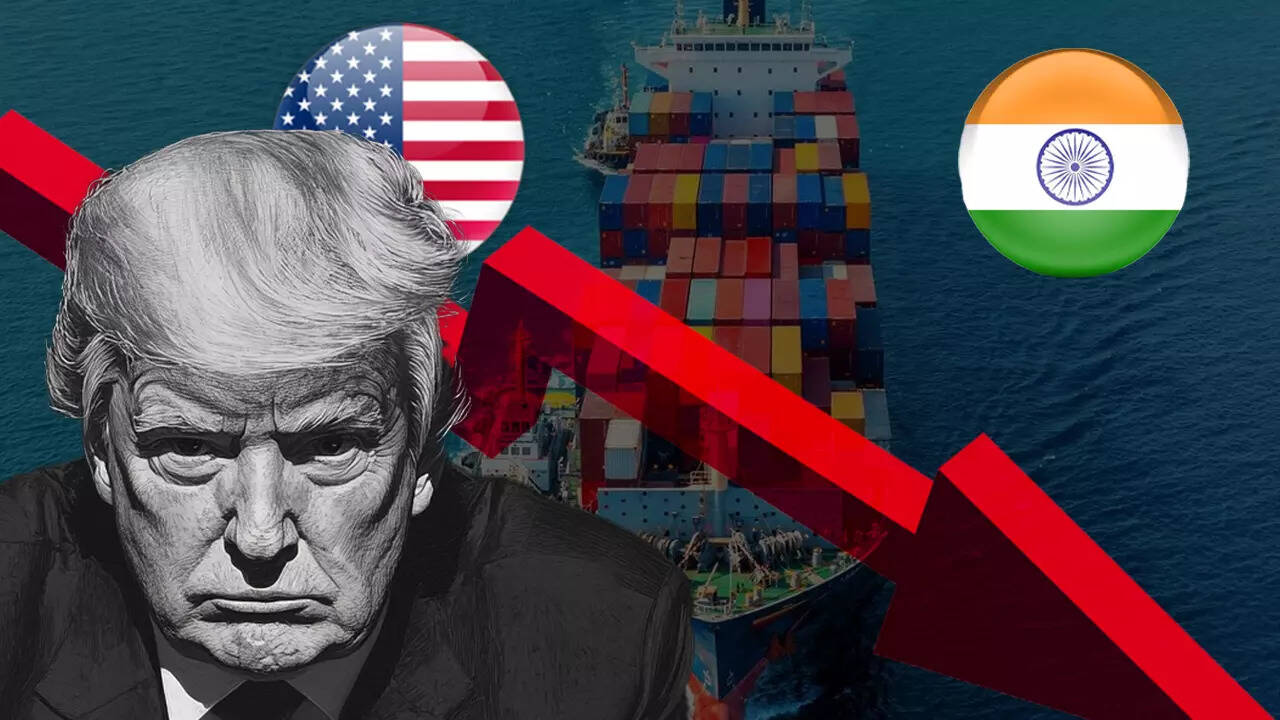must adopt
sustainable practices that reduce their carbon footprint while improving efficiency.
But how can Indian companies achieve a carbon-neutral supply chain? Let’s explore key steps, case studies, and trends shaping the future of sustainable logistics.
Why Carbon Neutral Supply Chains Matter
📌 Regulatory Push: The Indian government’s carbon trading market encourages businesses to reduce emissions.
📌 Investor & Customer Demand: Consumers prefer brands with strong sustainability commitments.
📌 Cost Savings: Lower energy use and fuel-efficient logistics reduce operational costs.
📌 Global Trade Compliance: Indian exporters need to meet EU’s Carbon Border Tax & other international regulations.
Key Challenges in Achieving Carbon Neutrality
🔹 High Dependence on Fossil Fuels – India’s logistics sector still relies heavily on diesel-powered trucks.
🔹 Lack of Renewable Energy in Supply Chains – Many factories and warehouses operate on coal-based power.
🔹 Limited Adoption of Green Technologies – Companies are slow in adopting electric vehicles (EVs) & AI-driven optimization.
🔹 Supply Chain Complexity – Difficulties in tracking Scope 3 emissions (indirect emissions from suppliers & logistics partners).
Steps to Build a Carbon-Neutral Supply Chain
1. Transition to Green Logistics & Sustainable Transportation
📌 Why it matters:
Transportation contributes 14% of India's CO₂ emissions, making it a major sustainability challenge.
📌 Case Study: Amazon India has committed to deploying 10,000 EVs in its delivery fleet by 2025 to cut down carbon emissions.
✅ How Businesses Can Act:
- Shift to electric & hybrid vehicles for last-mile delivery.
- Optimize delivery routes using AI-based logistics platforms.
- Partner with carbon-neutral freight carriers using biofuels & LNG trucks.
2. Implement Renewable Energy in Warehouses & Manufacturing
📌 Why it matters:
Factories and warehouses consume a massive amount of energy, often derived from coal-based power grids.
📌 Case Study: Tata Steel has adopted solar power for its Jamshedpur plant, reducing emissions significantly.
✅ How Businesses Can Act:
- Install rooftop solar panels in warehouses & factories.
- Partner with green energy suppliers for carbon-free electricity.
- Upgrade to energy-efficient equipment & IoT-based smart grids.
3. Optimize Supply Chain Efficiency with AI & Data Analytics
📌 Why it matters:
Unoptimized supply chains waste fuel, increase emissions, and reduce cost efficiency.
📌 Case Study: Mahindra Logistics uses AI to optimize transport routes, reducing fuel use and cutting emissions by 10% annually.
✅ How Businesses Can Act:
- Use AI-powered predictive analytics for route & inventory optimization.
- Implement real-time IoT monitoring for fuel efficiency & asset tracking.
- Invest in digital twins to simulate and reduce carbon impact across supply chains.
4. Circular Economy: Reduce, Reuse, and Recycle
📌 Why it matters:
By reusing raw materials & reducing waste, businesses can significantly lower their carbon footprint.
📌 Case Study: ITC Limited has adopted a closed-loop recycling model, using recycled materials in packaging and production.
✅ How Businesses Can Act:
- Implement reverse logistics for product returns & refurbishments.
- Design sustainable, biodegradable, or recyclable packaging.
- Reduce raw material waste using lean manufacturing principles.
5. Track & Offset Carbon Emissions Through Verified Programs
📌 Why it matters:
For supply chains that can’t go fully green yet, carbon offsetting through afforestation & renewable energy projects is a great alternative.
📌 Case Study: Infosys has achieved carbon neutrality by investing in afforestation & renewable energy projects.
✅ How Businesses Can Act:
- Invest in carbon credits & reforestation programs.
- Join global carbon neutrality initiatives like the Science-Based Targets Initiative (SBTi).
- Use blockchain-based carbon tracking systems for transparency.
Future Trends in Carbon-Neutral Supply Chains
🔹 EV Adoption in Freight: The rise of electric trucks & cargo drones will revolutionize logistics.
🔹 Net-Zero Manufacturing: Companies will move towards fully carbon-neutral factories & warehouses.
🔹 AI & Blockchain for Carbon Tracking: Businesses will use real-time digital monitoring of emissions.
🔹 Sustainable Sourcing Regulations: Governments will push for green procurement laws in global supply chains.
📌 Example: The EU’s Corporate Sustainability Due Diligence Directive (CSDDD) will soon require Indian exporters to prove carbon-neutral sourcing.
Conclusion
A carbon-neutral supply chain is not just about environmental responsibility—it’s about business resilience, cost efficiency, and future-proofing operations.
- Adopt green logistics & EV fleets.
- Shift to renewable energy in supply chain operations.
- Leverage AI for efficiency & carbon tracking.
- Implement circular economy principles for waste reduction.
- Invest in carbon offsets for unavoidable emissions.
Sustainability is no longer an option—it’s the new standard. Indian businesses that embrace carbon neutrality today will lead tomorrow’s global economy. 🌍🚛🌱
.png)
.png)







